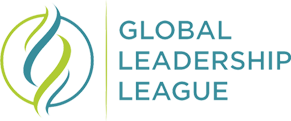INTERVIEWS
Real-World viewpoints from leaders in our field
- Home
- Announcements
- Limelight Interviews
Interviews of Women Professionals Sharing Real-world viewpoints |
|
Limelight Interviews
We hope you will read our spotlight interviews and get inspired to submit suggestions of other people who we should interview. Every one of you has something special to share so please let us know who you would like to hear from! |
INTERNATIONAL EDUCATION
Our members come from different backgrounds, abilities, levels of experience, and parts of the world. Our goal is to embrace this diversity and encourage relationships across generations and experience levels for the benefit of all involved. The Global Leadership League was started by a group of women in the field of international education for the purposes of advancing women’s leadership skills, knowledge, and connections. |
HELP US HELP YOU REACH YOUR LEADERSHIP GOALS! |

